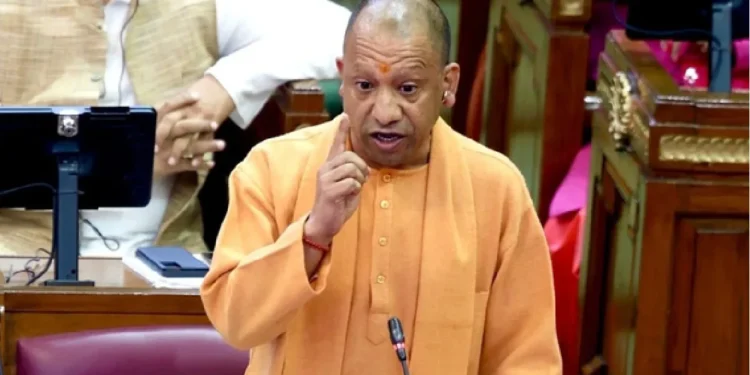The scope of internet access increased but cyber awareness did not increase so much
The rate of use of internet and technology in India is increasing rapidly. According to the latest data, more than 90 million people in the country use internet. With this, the country has now come to the world’s largest online markets. Essential works like communication, banking, shopping and business are now being done through digital medium. There is also a big threat associated with rapid growing digitization- cyber crime. Today cyber crime is not limited to the rich, but common people living in villages are also falling prey to it. The root of the problem is lack of cyber security. People who are not cautious about security in the digital world can easily become a victim of cyber fraud. Therefore, it is necessary to be cautious for safe internet use and priority to cyber security.
Cyber attacks have become more complicated than before. The level of awareness is also low. Most people are not aware of the basic rules of cyber hygiene i.e. internet security. With this they adopt unsafe online methods. This puts their sensitive data in danger. Another important aspect is that traditional methods of cyber security training are considered boring and difficult. As a result, people do not take it seriously. In today’s digital age, cyber security needs to be taught interesting and effectively. For this, gameification (sports-based learning) can be used, visual and multimedia content should be prepared according to age and language and tips related to cyber security in local languages should be given so that more and more people can understand it easily.
It is not the government, but it is not the responsibility of the government to create a cyber safe society. Government, policy-maker, social media companies and cyber security institutions together adopt such strategies that can make every person understand cyber security. It is necessary to create a digital environment where safety, morality and transparency are given priority by using the benefits of digital technology properly.
Lack of local and culturally relevant cyber security materials is a major challenge in a multilingual country like India. There are 22 official languages and many dialects in India, so it is necessary to decide that cyber security related materials are available in local languages. Efforts like ‘Cyberpiece Corps’ can play an important role to raise awareness against cyber crime. This initiative creates a network of cyber security volunteers who go to the ground level to make people aware and cooperate in cyber security. These volunteers not only help the victims of cyber crime, but also contribute to raising awareness and implementing security measures on a large scale.
People should know where to complain in case of cyber crime, on which platforms should raise their problems and what rights they have under existing IT and data security laws. Sharing information in the Internet world is the biggest weapon. Every person should share information related to cyber security with their family, friends and community. This effort can collectively empower the entire society digitally.
The success of Digital India should not be limited to increasing internet connectivity and online services, but it is important that every person can use the Internet safely. To bridge this gap of cyber awareness, a collective approach is required in which government, industry, educational institutions and civil society all work together. Cyber security has to be made an essential part of a comprehensive digital access.
(Major Vineet Kumar, Global President and Founder, Cyberpiece Foundation)






